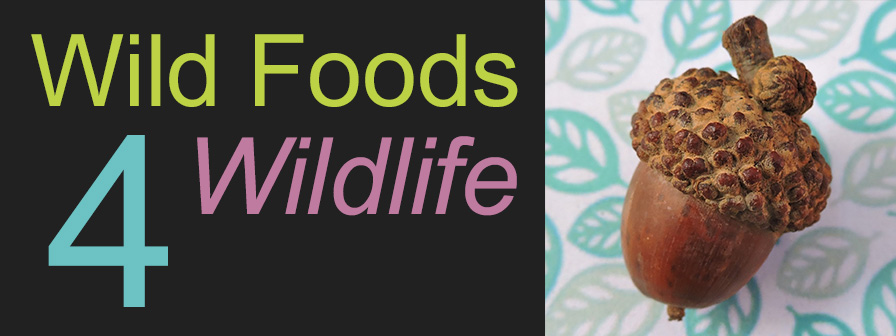
Risks to Forager Folks
This website is developed around foraging on the behalf of animals. I do not list the ingestion risks for humans in the database because this site is not recommending that any human eat any of these plants. Just because an animal can eat something, doesn’t mean you should. This was abundantly made clear to me as I watched my goats eat poison ivy! If your goal is to forage for wild human foods, there are a lot of good resources listed in this site that can get you started, notably the works of Samuel Thayer at Forager’s Harvest.com or Green Deane at Eattheweeds.com.
Since this is not a foraging for human-edibles website, if you choose to eat any of the listed foods, the risk is on you.
But even so, there are other risks. Some plants potentially cause contact dermatitis. Many of the plants I have indicated that could cause rashes or reactions have never been a problem for me. But the first few times you are collecting any plant, regardless of whether it has a warning or not, be careful and limit your physical contact and exposure until you have evidence that the plant is safe for you. Most people know of the risks of poison ivy and their close allies, but there are a good number of other plants that can cause some people some trouble, while other folks often are not affected at all. Skin sensitivities to plants vary greatly from person to person.
With all that being stated: Here is a link in case something unplanned happens.
Human Poisoning Emergency? Read this plant poisoning document used with permission from Dr. Sharon M. Douglas of the Connecticut Agricultural Experiment Station.
Better yet, print off the last page in advance and keep with your first aid supplies!
1-800-222-1222 Toll Free National Poison Control Number ( human ingestion)
http://www.poison.org/
EMERGENCY INSTRUCTIONS for Poison Plant Ingestion
When you call to report a poisoning, let them know:
- The name of the plant consumed
- The part of the plant consumed (leaf, berry, etc.)
- How much of the plant was consumed
- Approximate time the plant was consumed
- The person’s age, weight and condition
- Keep a portion of the plant at take it with you to the medical facility

